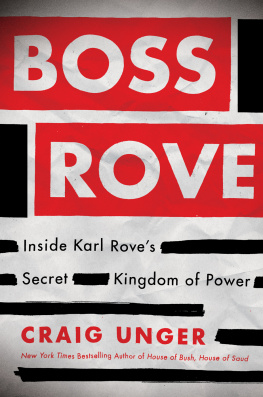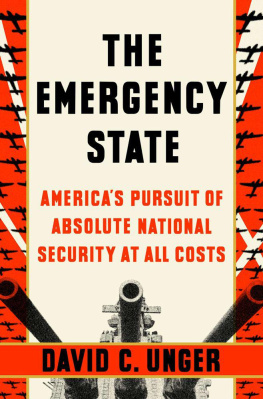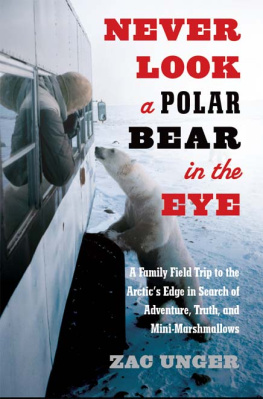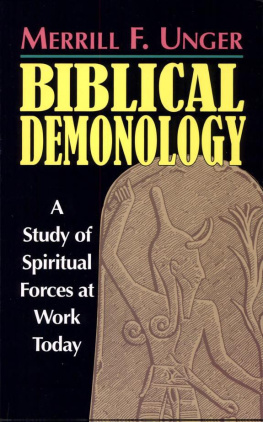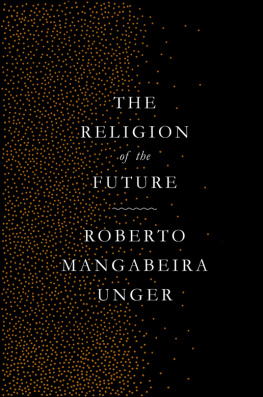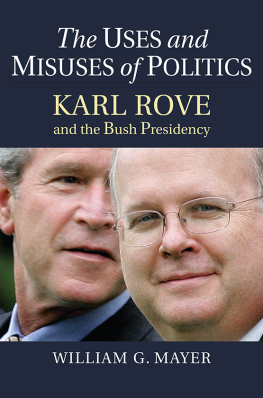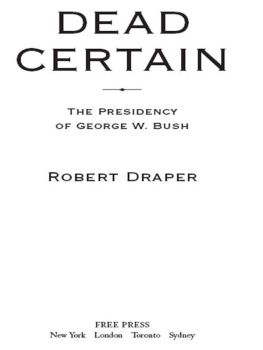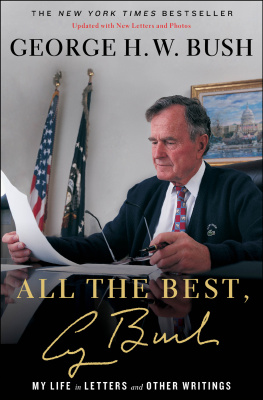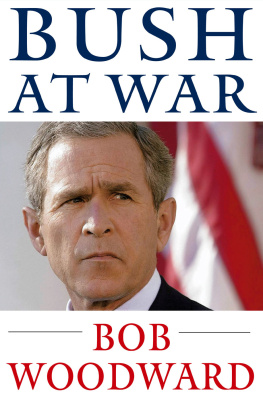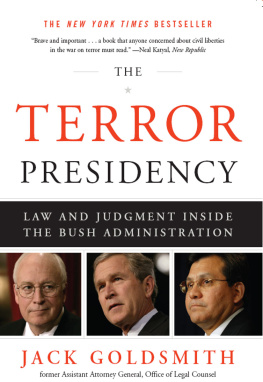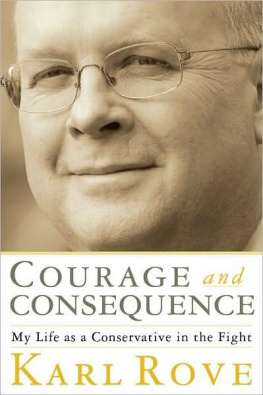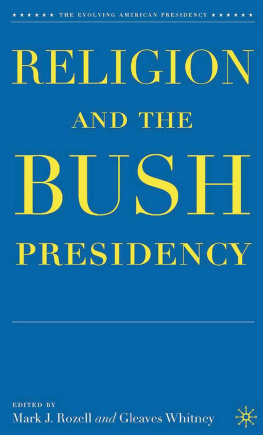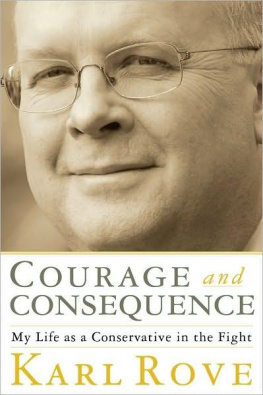Thank you for purchasing this Scribner Books eBook.
Sign up for our newsletter and receive special offers, access to bonus content, and info on the latest new releases and other great eBooks from Scribner Books and Simon & Schuster.
C LICK H ERE T O S IGN U P
or visit us online to sign up at
eBookNews.SimonandSchuster.com
We hope you enjoyed reading this Scribner Books eBook.
Sign up for our newsletter and receive special offers, access to bonus content, and info on the latest new releases and other great eBooks from Scribner Books and Simon & Schuster.
C LICK H ERE T O S IGN U P
or visit us online to sign up at
eBookNews.SimonandSchuster.com
Also by Craig Unger
The Fall of the House of Bush: The Untold Story of How a Band of True Believers Seized the Executive Branch, Started the Iraq War, and Still Imperils America Today
House of Bush, House of Saud: The Secret Relationship Between the Worlds Two Most Powerful Dynasties


SCRIBNER
A Division of Simon & Schuster, Inc.
1230 Avenue of the Americas
New York, NY 10020
www.SimonandSchuster.com
Copyright 2012 by Craig Unger
All rights reserved, including the right to reproduce this book or portions thereof in any form whatsoever. For information address Scribner Subsidiary Rights Department, 1230 Avenue of the Americas, New York, NY 10020.
First Scribner hardcover edition September 2012
SCRIBNER and design are registered trademarks of The Gale Group, Inc., used under license by Simon & Schuster, Inc., the publisher of this work.
The Simon & Schuster Speakers Bureau can bring authors to your live event. For more information or to book an event contact the Simon & Schuster Speakers Bureau at 1-866-248-3049 or visit our website at www.simonspeakers.com.
DESIGNED BY ERICH HOBBING
ISBN 978-1-4516-9493-2
ISBN-13: 978-1-4516-9660-8 (eBook)
Portions of this book originally appeared in somewhat altered form in the September 2012 issue of Vanity Fair .
To Phyllis
CONTENTS
ONE
The Man Who Swallowed the Republican Party
O n Wednesday, April 21, 2010, about two dozen Republican power brokers gathered at Federal-style townhouse on Weaver Terrace in Northwest Washington, D.C., to strategize about the upcoming midterm elections in the fall.
Rove, fifty-nine, had hosted this kind of event many times before. weekly breakfasts for high-level GOP operatives to plan for the 2004 fall elections. Back then, as senior adviser and deputy chief of staff to President George W. Bush, a bureaucratic title that belied his extraordinary power, Rove oversaw Bushs reelection campaign. More important, he was attempting to implement a master plan to build a permanent majority through which Republicans would maintain a stranglehold on all three branches of government for the foreseeable future. The plan was not merely to win elections. It represented a far more grandiose vision: the forging of a historic realignment of the nations political landscape, the transformation of America into effectively a one-party state.
But now Rove was no longer in the White House. He had been one of the most powerful unelected officials in the United States, but, to many Republicans, his greatest achievementengineering the presidency of George W. Bushhad become an ugly stain on the partys reputation. thatll be used for a long, long time as an example of how not to do it, as opposed to an example of how to do it, says GOP consultant Ed Rollins, who served as President Reagans political director.
A prime suspect in the two biggest political scandals of the decade, the Valerie Plame Wilson affair and the U.S. attorneys scandal, Rove had left the White House in 2007 under a cloud of suspicion, barely escaping indictment. His longtime patron had left the White House with the lowest approval rating in the history of the presidency: 22 percent. And in 2008 the Democrats vaporized Roves dreams by winning the ultimate political trifecta: the House, the Senate, and the White House. Finally, on the right, there was the insurgent Tea Party, to which he personified the free-spending Bush era and the Republican Partys establishment past, not its future.
Roves personal life and finances had also fared poorly. His 2009 divorce from Darby, his wife of twenty-four years, meant the loss of more than half of his assets. And there were enormous legal bills resulting from the scandals. about retirement, he told New York magazine . I had to worry about getting back to Texas.
But Rove was not without resources. Thanks to his columns in Newsweek and the Wall Street Journal, and a lucrative contract with Fox News, he had straightened out his personal finances and, in just two years, created a lofty bully pulpit from which to bestow upon the public the Rovian narrative about American politics.
During his seven years in the White House, Rove had been able to dispense the perks that are so vital to building political capital with the powers that be. Having control of the White House is very heady stuff, says Roger Stone, a GOP operative who has known Rove for forty years. Inviting them to the White House mess, state dinners, and so on. He has a big Rolodex of Texas millionaires.
Another arrow in Roves quiver came courtesy of Michael Steele, then the hapless chairman of the Republican National Committee. An unfailing source of fodder for late-night comics, Steele had just outdone himself when the RNC squandered nearly $2,000 at a lesbians-in-bondage-themed strip club in Hollywoodprecisely the kind of thing the party of family values and evangelicalism didnt need when its coffers were bare. Whether he was discussing abortion, Afghanistan, or even asserting, preposterously, that the Republican Party needed a hip-hop makeover, Steele had been so out of step with the party that conservative donors were desperately seeking an alternative.
made by a 54 majority, and this time, two of the justices voting with the majority, Samuel Alito and John Roberts, in part owed their lifetime appointments to Rove and to support from political action committees (PACs) such as Progress for America, which was tied to Rove. The first decision legitimized Roves power during the two administrations of George W. Bush. The second allowed Rove to reestablish his power and resurrected his efforts to create a permanent Republican majority.
The implications of the Citizens United decision were staggering. In the 2008 election cycle, organizations of all typeswhether they were for-profit corporations, nonprofit organizations, or unionshad been prohibited from airing broadcast, cable, or satellite communications that mentioned a candidate within sixty days of a general election or thirty days of a primary. To be sure, there were many ways for wealthy individuals or corporations to funnel money to political action committees. But the 2002 Bipartisan Campaign Reform Act, better known as , specifically prohibited corporations from engaging in electioneering communications intended to influence the outcome of an election. As a case in point, Citizens United, a conservative nonprofit group known for its right-wing documentaries, produced Hillary: The Movie, a film critical of then senator Hillary Clinton, but had been prevented by the courts from promoting it on television or airing it during the 2008 election season. The organization appealed all the way to the U.S. Supreme Courtand won.
The gist of the decision could be boiled down to two words: anything goes. Corporations were people now, too, ruled the court. And just as John Q. Public could say anything he liked about politics, thanks to an extraordinarily broad interpretation of the meaning of freedom of speech, come election time, so, too, could Wall Street, big oil, pharmaceutical companies, the tobacco industry, and billionaire cranks flood the airwaves with millions of dollars worth of political commercials.
Next page
